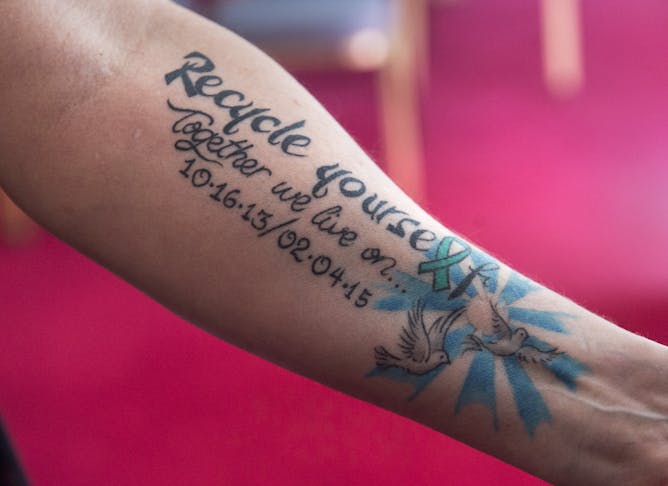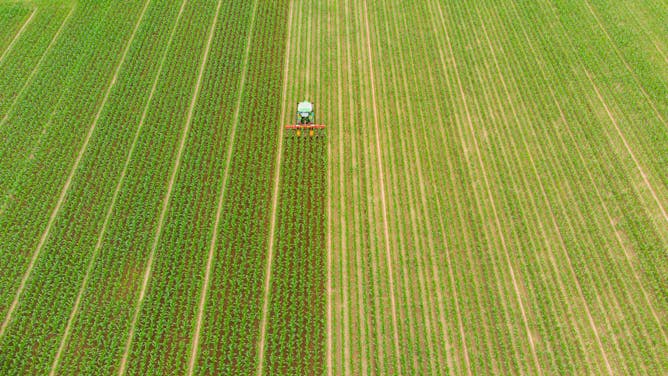|
“If you needed a transplant, would you have one? If so, help save lives and register today.”
Ontario now asks this question at the top of its organ and tissue donor registration form following a promising pilot project.
Today in The Conversation Canada, marketing professor Nicole Robitaille (Queen's University) writes: “The most successful changes from this Ontario pilot project led to a 143 per cent increase in organ donor registrations.”
It’s one of several great reads today:
In an English-language translation from La Conversation Canada, PhD candidate Vincent Denault (Université de Montréal) explains how nonverbal cues – like facial expressions and gestures – can be misinterpreted by judges, prosecutors and police.
Researchers Zia Mehrabi and Navin Ramankutty (University of British Columbia) warn us of a risk that increases the likelihood of local crop failures being catastrophic at the global level.
And evolutionary biologist Lonnie Aarssen (Queen's University) says the term “Homo sapiens” no longer suits humans. He says people have become “Homo absurdus – a human that spends its whole life trying to convince itself that its existence is not absurd.”
|

A Nova Scotia woman displays the tattoo that marks her two liver transplants at the provincial legislature in Halifax in April 2019. The province’s Human Organ and Tissue Donation Act will allow Nova Scotians to donate their organs and tissue unless they opt out.
THE CANADIAN PRESS/Andrew Vaughan
Nicole Robitaille, Queen's University, Ontario
Most Canadians support organ donation after death, but fewer than 25 per cent have registered to donate their organs. What can be done to encourage more registrations?
|

Witness testimony is often a key element of a trial. While nonverbal behaviours such as crossed arms or furtive glances can influence decision-makers, often their beliefs about such cues are inaccurate.
Shutterstock
Vincent Denault, Université de Montréal
Facial expressions and gestures can impact the outcome of a trial that depends on the credibility of witnesses.
|

Global synchronization of food production negatively impacts food security.
Shutterstock
Zia Mehrabi, University of British Columbia; Navin Ramankutty, University of British Columbia
Governments need to think about global ways agricultural policies may affect the stability of the food system as a whole, beyond locally focused efforts to increase resilience in production.
|

Human self awareness is an evolutionary outcome, but where has it brought us?
Shutterstock
Lonnie Aarssen, Queen's University, Ontario
Understanding the evolutionary roots of what draws us to delusions of legacy and distractions of leisure will help us address the environmental challenges of the 21st century.
|
Health + Medicine
|
-
Daniel Kelly, Sheffield Hallam University
The question of whether heightened testosterone confers an advantage for some female athletes remains contentious.
-
Jenny Kitzinger, Cardiff University
UAE woman Munira Abdulla is fully conscious after 27 years - but reports of her "miraculous" story are misleading.
|
|
Science + Technology
|
-
Maitrayee Bose, Arizona State University
The source of water on Earth, the Moon and planets in our solar system is hotly debated. Some in the planetary science community argued that it came from asteroids and comets. Now they have proof.
|
|